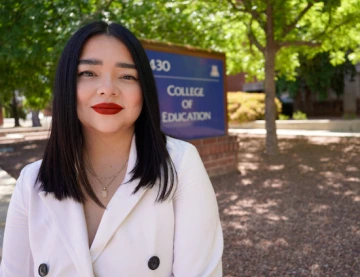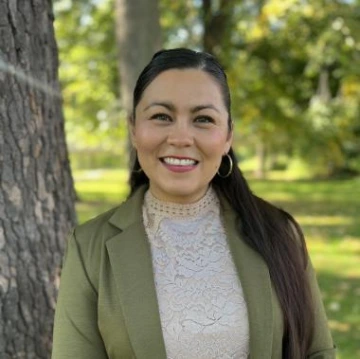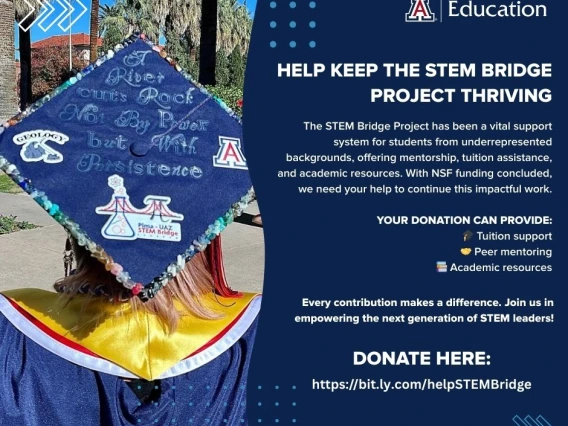
Higher Education, MA
In the MA Higher Education program, students acquire a foundational understanding of higher education upon which you can build professional practice and, if you later choose, your doctoral work. Students in the program learn to analyze, inform, and enhance practice with current scholarship and thinking about higher education. The program is enhanced by a close relationship with UA Campus Life and Student Initiatives and Academic Affairs.

Higher Education, Ph.D.
The Higher Education Ph.D. is designed to provide students with a comprehensive understanding of concepts, theoretical frameworks, issues, and practices in a particular area within higher education. The program integrates core courses in higher education, an area of concentration, and individually tailored courses of study that encourage students to undertake coursework with faculty in a variety of departments. Areas of concentration include comparative higher education, organization and administration, college access, and student affairs.

Higher Education, Minor
Broaden your doctoral experience with a Graduate Minor in Higher Education. Explore critical issues in college and university settings, including policy, leadership, student affairs, and organizational change. This minor equips you to contribute meaningfully to research, teaching, or administrative roles in postsecondary education.
FACULTY SPOTLIGHT

Dr. Karina Salazar, Assistant Professor in The Center for The Study of Higher Education
How do public universities decide where—and to whom—they market college admissions? Dr. Salazar’s groundbreaking research reveals systemic disparities in recruiting practices that may limit college access for Black, Latinx, and Indigenous students. From “recruitment redlining” to biased data filters, her work is reshaping how we think about equity in higher education.




